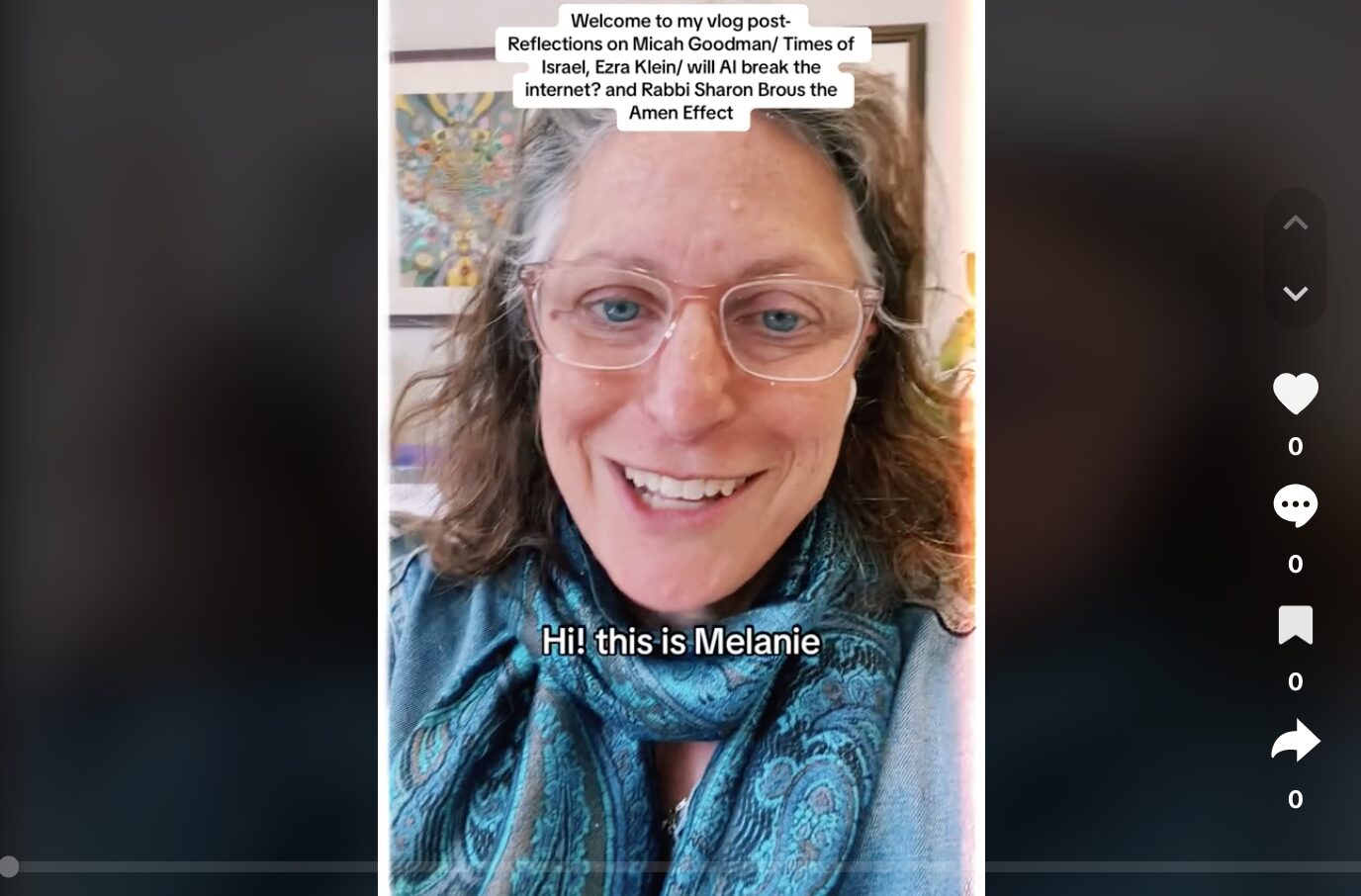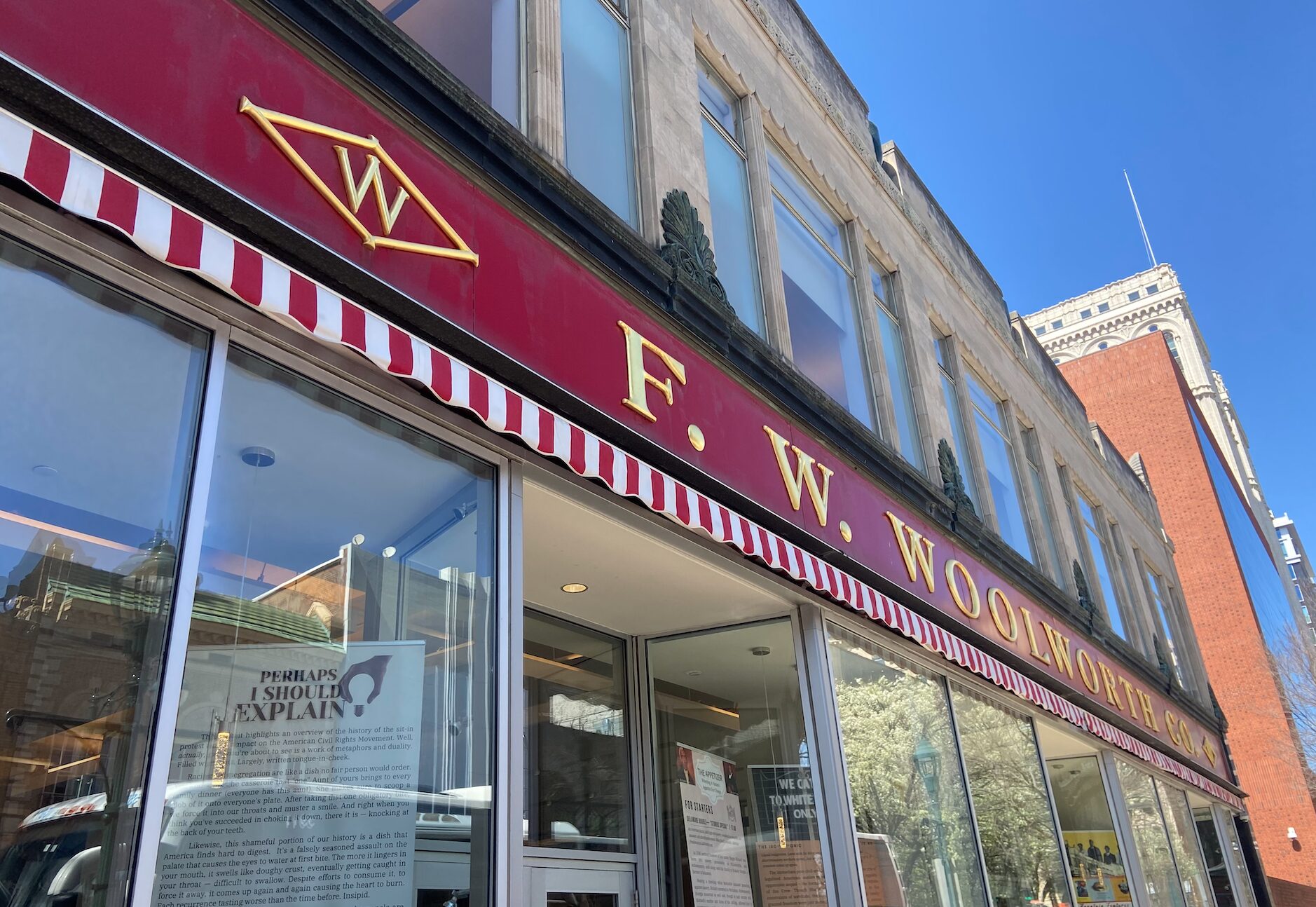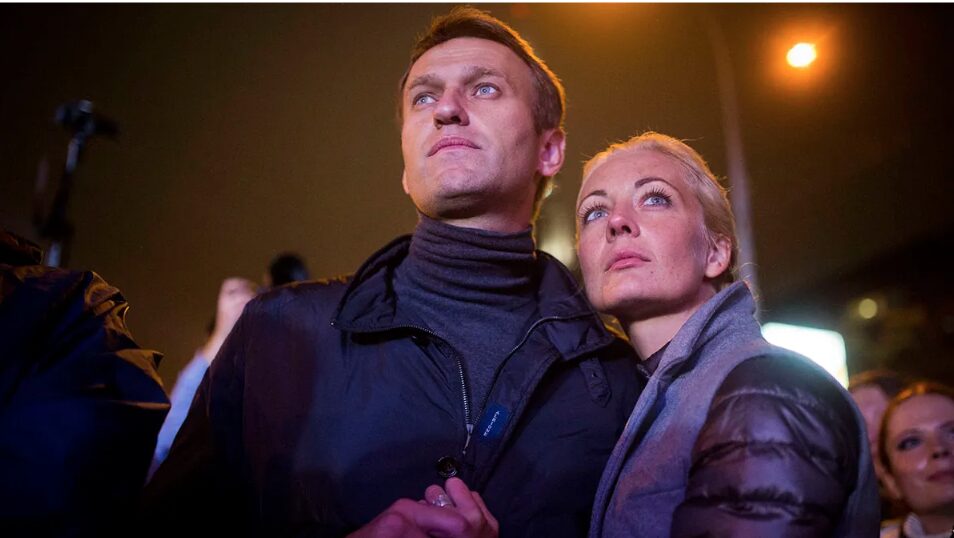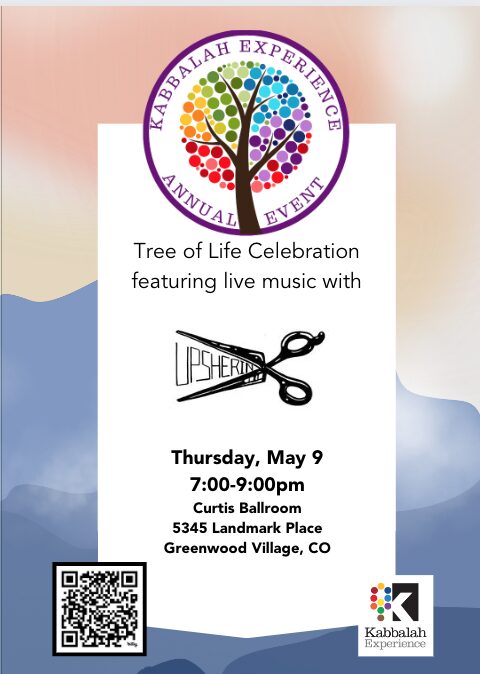Apocryphal or not, the story is told of how Pete Townshend’s grandmother, hard of hearing, would query about the names of (rock) bands her grandson liked with the oft-repeated: the who? The Detours changed their name and the rock band The Who was launched.
The Warlocks? Their name took a detour as well to become the Grateful Dead. Instead of a story about an acoustically challenged grandmother, their name change came about when Jerry Garcia, looking for new moniker for the band, opened the dictionary to a random page (Funk & Wagnalls Standard Dictionary of Folklore, Mythology and Legend) and in bold print saw the entry: Grateful Dead.
What is the meaning of grateful dead? It is a motif found in many folktales of the kindness of a stranger bestowed upon a dead person who has no relatives available to pay the cost of a proper funeral. The grateful dead are the deceased who, in these folktales, appear in spirit form to repay their benefactor by intervening on their behalf. How far reaching is gratitude? Even death cannot stop gratitude.
Typically, gratitude is seen as that which we are thankful for receiving. We are given advice to reflect on the beauty of life’s gifts, on the small wonders of life, even to cultivate being grateful for useless things. “Truly happy people,” writes Arthur Brooks, “find ways to give thanks for the little, insignificant trifles.” http://www.nytimes.com/2015/11/22/opinion/sunday/choose-to-be-grateful-it-will-make-you-happier.html
Perhaps we can look at gratitude from a different angle, gratitude not only about what we receive; the gratitude that we can give. How grateful are we for the opportunity to care, to feel and express our love and compassion, to feel and express our outrage, to bury the dead?
I am so grateful for what I can share. Imagine the thankless existence of isolation, of being totally alone without the ability to give to others, to share love, wisdom or food, to share a joke, a painful suffering, a melody or a caress. I am grateful for you, not grateful to you, is the awareness that without you I could not be my most fulfilled self. This is the gratitude of giving.










0 Comments